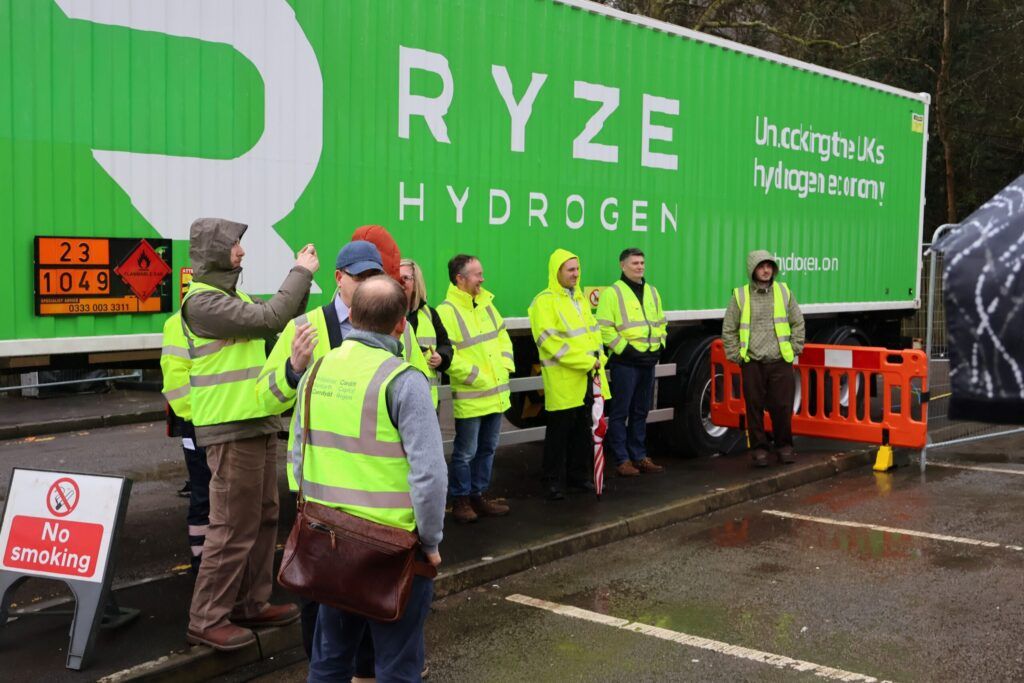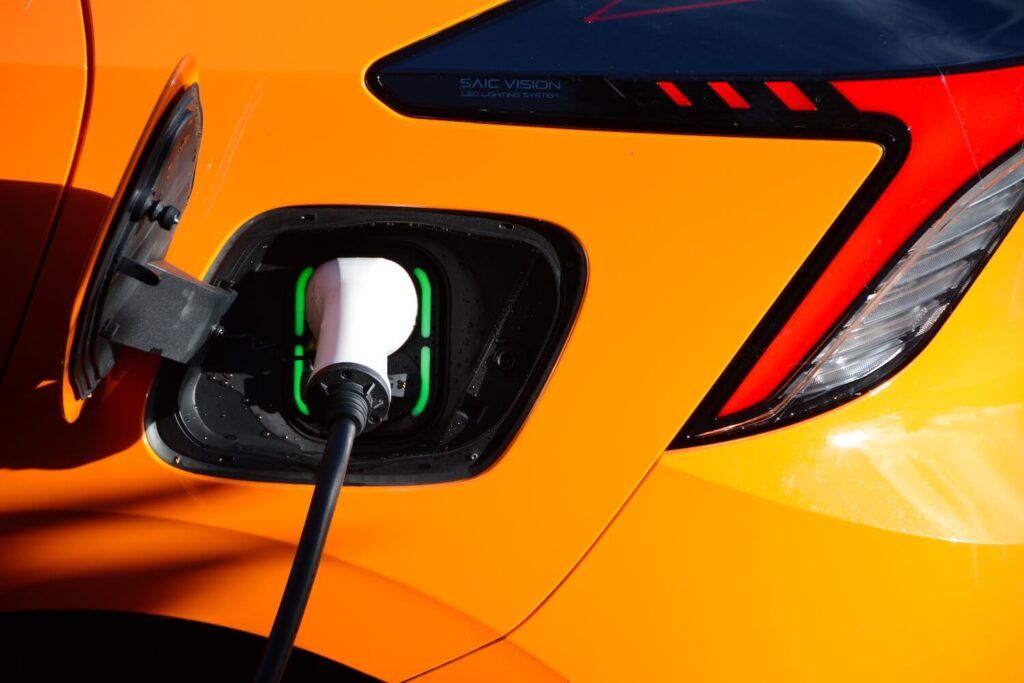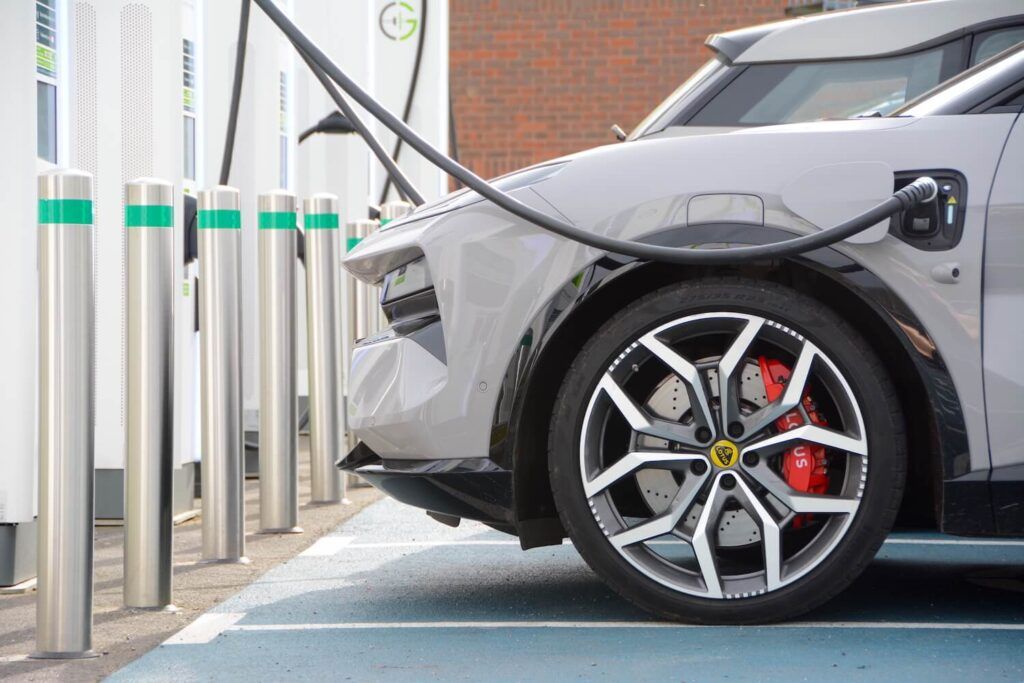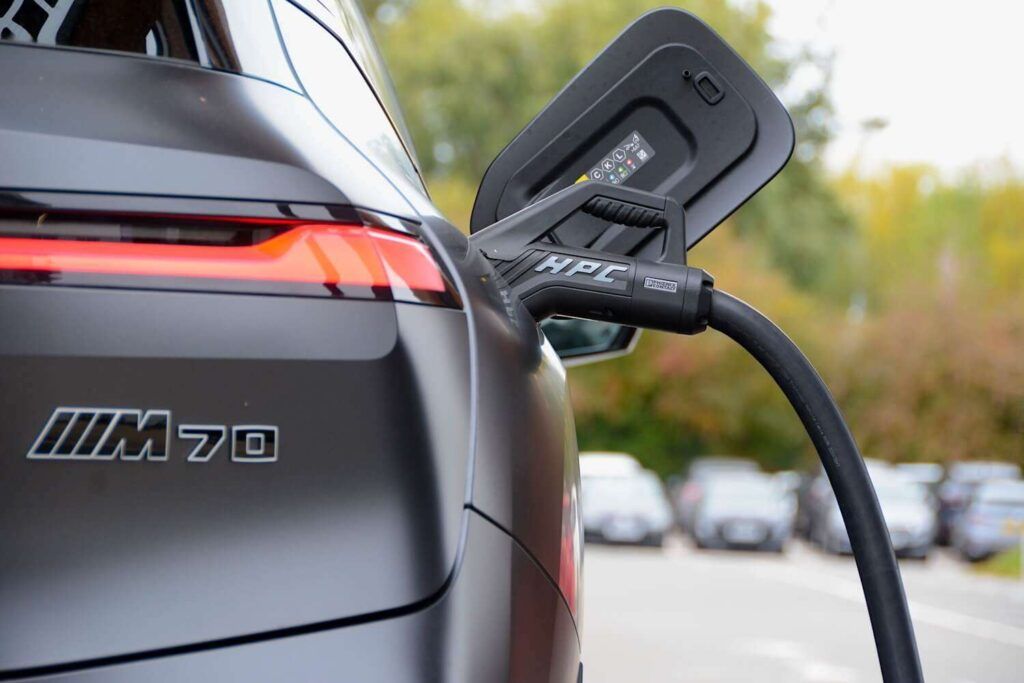Pushing back against “scare stories” about electric vehicles (EVs) is becoming a key task for fleet managers, according to the Association of Fleet Professionals (AFP).
Paul Hollick, chair at the industry body said that there was a flood of misinformation appearing in both traditional and social media.
He said that “sadly” it was “quite popular” to create such stories about EVs, for example that they catch fire easily and cannot be extinguished, that they will all run out of power simultaneously in cold weather and block motorways, that they are more environmentally damaging than ICE cars and vans, or that current models will be worthless in a matter of years, and more.
He said: “Of course, there are now hundreds of thousands of company car drivers happily using EVs who know that this stuff is largely nonsense or based only a few isolated instances, but there tend to be a handful of people in every organisation who will seize on these stories and share them with other employees.
“In most cases, there is nothing malicious about the actions of these people. They just don’t know much about EV technology, believe what they read online, and are subsequently fearful of scenarios involving EVs that are vanishingly unlikely to actually happen.”
Hollick added that handling these objections were becoming a key task for fleet managers as they continued with the process of electrification.
He continued: “We’ve talked quite a lot in recent times about how fleet managers have spent the last couple of years achieving easy wins in terms of EV adoption and we’re now into a phase that is a much more of a grind. That means tackling more difficult areas such as van electrification and building operations in more geographically remote areas.
“Part of this grind involves pushing back against EV misinformation. Fleet managers within the AFP are gathering and sharing EV facts and figures that they can use whenever one of these scare stories is raised by one or more employees. It’s become a process of reassurance.
“The overwhelming experience of most fleets is that once drivers start using EVs, they love them and few would return to an ICE vehicle. The objections tend to come from those with limited or no exposure. It’s not unknown for fleet managers who are successfully running hundreds of EVs to be solemnly warned by a colleague that electrification will never work.”
Hollick concluded there was an assumption that the misinformation would decline over time as EVs became just more and more part of everyday life.
He said: “However, there’s also a potential danger that we will see a few longer-term holdouts who will continue to believe EV conspiracy theories. In those instances, there is little that fleet managers can do other than present them with the facts. No doubt a century or more ago, there were people who stuck with horses rather than drive a Model T.”
Image from Shutterstock












